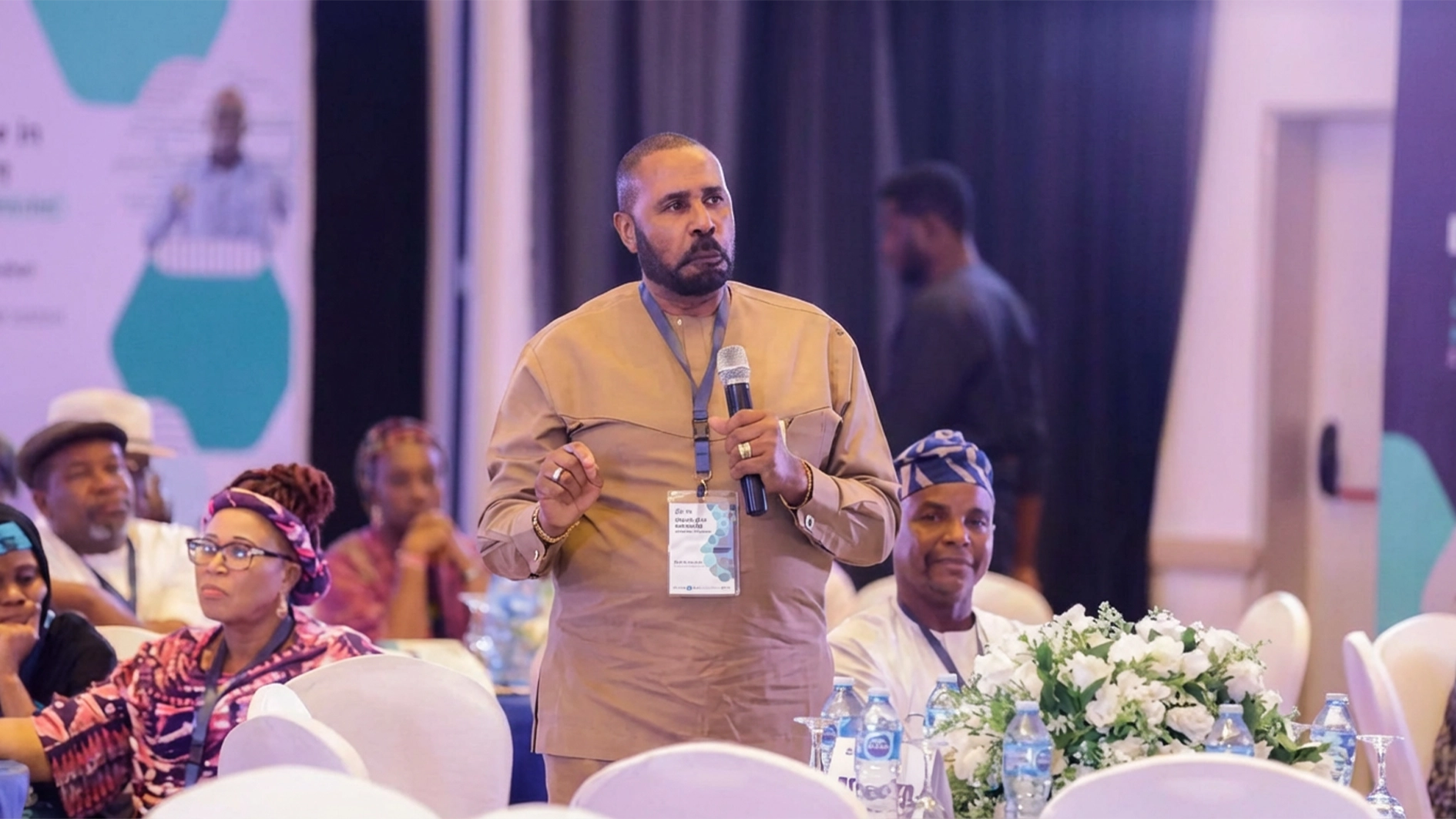An environmental health expert and professor at the Faculty of Public Health, University of Ibadan (UI), Professor Godson Ana, has raised concern over the devastating health implications of air pollution, revealing that it kills about 712,000 people annually in Africa.
Ana, a former Dean of the Faculty, sounded the warning during the 2025 World Environmental Health Day celebration organised by the Department of Environmental Health Sciences and the Environmental Health Students’ Association, University of Ibadan.
The event, themed “Clean Air, Healthy People,” was held at the B.O. Osuntokun Auditorium, College of Medicine, UI.
The programme featured awareness campaigns, expert discussions, awards, and cultural performances, all emphasizing the link between air quality and public health—especially for children, who are most vulnerable to pollution-related illnesses.
Delivering the keynote address, Prof. Ana described clean air as “the most vital requirement for human survival,” stressing that people can live weeks without food or water but only a few minutes without air.
“Air quality must be treated as an urgent public health priority,” he said, adding that pollution caused by physical, chemical, or biological contaminants harms not only human health but also the environment and infrastructure.
He identified industrial emissions, bush burning, cooking with firewood, dust storms, and wildfires as major sources of pollution, noting that Africa bears a disproportionate burden.
“Air pollution kills approximately 712,000 people annually in Africa—more than deaths from malnutrition, unsafe water, and other environmental hazards combined,” Ana revealed.
He further noted that children face a higher risk of asthma, bronchitis, pneumonia, and early-onset chronic diseases due to their developing organs, urging them to speak up about environmental hazards in their surroundings.
The Director of the Basel Convention Coordinating Centre, Professor Percy Onianwa, also lamented the increasing health threats posed by air pollution, while a former Dean of the Faculty of Clinical Sciences, Professor Mayowa Owolabi, linked the rising cases of cardiovascular diseases in Nigeria to worsening air quality.
Owolabi called for the adoption of global best practices in air quality monitoring, citing examples from China and Ghana.
Organisers urged government, civil society, educators, and parents to work collaboratively to ensure that every Nigerian child breathes clean air, stressing the need for behavioural change, improved practices, and stronger policy implementation.
Children participated in interactive sessions under the Environmental Sustainability Training (TEST) initiative, which focused on Leadership, Safety, Environment, and Health (LSEH), aimed at empowering them to become environmental advocates.
The event also featured secondary school students showcasing environmental projects and creative presentations promoting clean air. The International School, Ibadan (ISI), emerged winner of the maiden “Most Environmentally Sound and Hygiene-Conscious School” competition.
The trophy, initiated by the Department of Environmental Health Sciences and sponsored by the Child Health Environment and Safety Trust (CHEST), aims to encourage environmental monitoring and sustainability education in schools.
Participants left the event inspired to advocate for cleaner air, stronger inter-agency collaboration, and bold environmental health policies.






